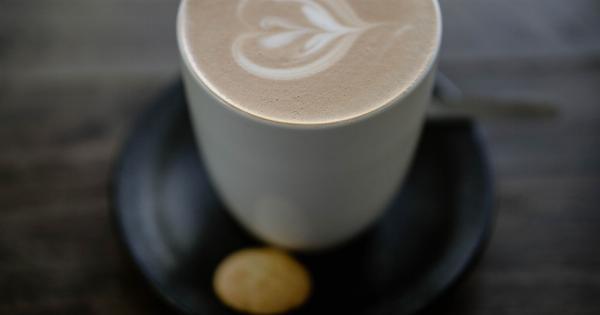Hypoglycaemia, or low blood sugar, occurs when the level of glucose in your blood drops below normal. It can happen to anyone, but people who have diabetes are at higher risk of developing it.
Hypoglycaemia can cause a range of symptoms, including shakiness, weakness, headaches, blurred vision, confusion, and even loss of consciousness. While treating hypoglycaemia should always be taken seriously, there are some simple, healthy snacks you can eat to help you get back on track.
1. Nuts
Nuts are a great snack because they are high in protein, healthy fats, and fiber, which means they will keep you full for longer and help regulate your blood sugar levels.
You can choose from a variety of nuts such as almonds, walnuts, cashews, pistachios, and peanuts, and enjoy them as a quick snack on the go.
2. Dark chocolate
Dark chocolate is a delicious snack that can also help you when experiencing hypoglycaemia. Researchers have found that dark chocolate contains flavanols that improve insulin sensitivity and glucose uptake, thereby reducing the risk of hypoglycaemia.
But, be sure to choose a high-quality dark chocolate with at least 70% cocoa powder and indulge in moderation.
3. Greek yogurt
Greek yogurt is an excellent source of protein and calcium, both of which help to keep your blood sugar levels stable. It also contains less sugar than regular yogurt, making it a healthier choice for people who are watching their blood sugar levels.
You can top it up with fresh fruits, nuts, or honey for a more fulfilling snack.
4. Hummus and veggies
Healthy and low-carb, hummus, especially made with natural ingredients will nourish your body as well as satiate your hunger pangs in no time.
Simply pair it up with some crunchy vegetables such as cucumber, carrots, or bell peppers, for a satisfying and healthy snack that will help regulate blood sugar and cope with hypoglycemia effectively.
5. Apple slices with peanut butter
Apples are a rich source of fiber, vitamins, and antioxidants that can help keep your blood sugar levels stable. Combine the apple slices with a serving of peanut butter to boost protein intake and enhance satiety.
The combination of healthy fats and carbohydrates will give you sustained energy for hours, without crashes or dips in glycemic levels.
6. Trail mix
Trail mix is an ideal snack for hypoglycaemia because it contains a mix of nuts, seeds, and dried fruits, providing a balance of healthy carbohydrates, proteins, and fats.
At the same time, it’s easy to grab and carry around for when hunger strikes unexpectedly. However, it’s better to avoid pre-packaged trail mixes as they may contain added preservatives, sugar, and unhealthy fats that can sabotage your blood sugar goals.
7. Boiled egg
Hard-boiled eggs are an excellent source of protein, which is essential for stabilizing blood sugar levels. Moreover, the protein content helps produce glucagon that helps sustain hypoglycaemia.
Boiled eggs are also easy to prepare, and you can add some salt and pepper to make them tasty.
8. Avocado toast
Avocado toast is a low-carb, high-fiber snack that can help stabilize your blood sugar levels and keep you feeling full and satisfied for longer.
Choose whole-grain bread or sourdough bread and top it up with mashed avocado, lemon juice, chili flakes, and some olive oil for a nourishing and delicious snack.
9. Cheese cubes
Low-fat, natural cheese cubes are a great snack for fighting hypoglycaemia because they are rich in protein and calcium, which helps regulate blood sugar levels and reduce the symptoms of hypoglycaemia.
They’re perfect for munching on when you’re feeling peckish, and you can partner it up with some fresh fruits like berries or grapes to add to the taste.
10. Cottage cheese with honey
Fresh cottage cheese made with natural ingredients is a great source of protein, which can help stabilize blood sugar levels and maintain insulin resistance.
Adding a drizzle of honey to the cottage cheese enhances the taste and sweetness of the snack without increasing the sugar levels significantly. Plus, cottage cheese is a versatile snack that can be paired with nuts, fruits, or whole-grain crackers to make it more filling.
Conclusion
Keep in mind that maintaining healthy, balanced eating habits is crucial to preventing hypoglycemia, and you should always consult your healthcare provider for proper guidance and medical advice.
However, with a little bit of planning and by incorporating the right snacks in your diet, you can successfully manage hypoglycaemia and live healthier.






























